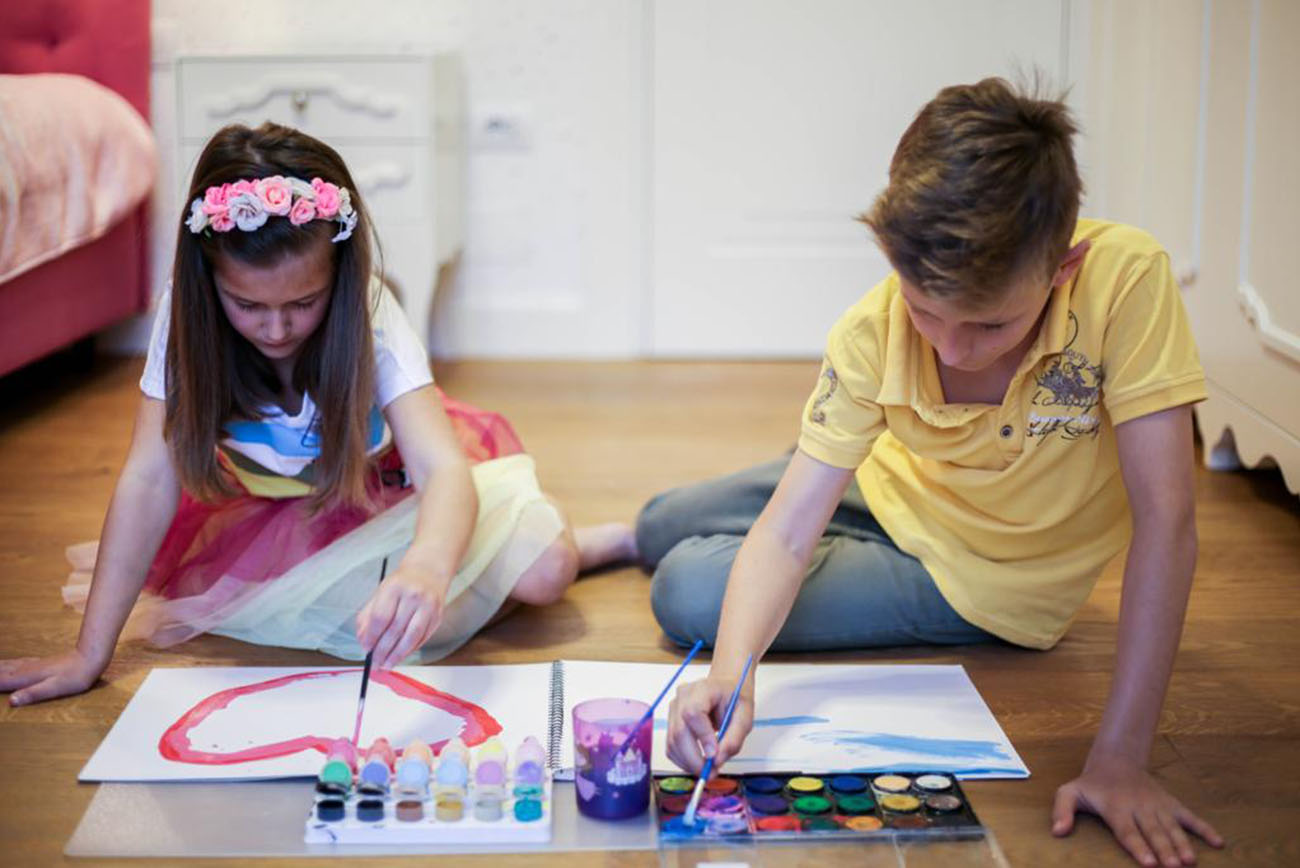1.Prepared Environment. This directive simply stated means that a teacher may not ignore her duty to maintain the core materials of the classroom and keep them in good order. The constant care of the classroom by the adults is important for three reasons:
- As the child has no conscious choice but to imitate the adult, it provides the proper example for the work the child needs to be doing in order to meet developmental benchmarks.b. We are modeling emotional and intellectual awareness of our surroundings, as well as the attributes of initiative (seeing what needs to be done, then doing it, etc.).
- Finally, it upholds the idea that the teacher is part of the community and has her own meaningful work. Because the teacher is not always instantly available to them, the child will attempt to learn to do things for themselves. Learning to respect their teacher’s time and efforts (work) can act as a motivator for independence, and reciprocally to help the child gain a healthy respect for their own activities, other people, and themselves.

2 Respect for the Child. Every human being has a need for dignity and sense of self. No one has the right to deny this to another person or rob them of this most vital of all human traits, (children least of all). There is absolutely no reason for a child to feel that they are INFERIOR TO THE TASK OF LIVING or that they are insignificant. Even disciplining a child does not require that type of shame. No matter what the child does, we must at least respect that he is a human being and that being older or bigger does not give us the right to strip the child of their dignity. We must accept that they deserve fair and equal treatment.

3 The child as imitator. Please do not tell a child how important it is for them to do something in a certain way, and then let them see you do the same activity yourself in a careless manner. Do not model hypocritical behavior. Besides encouraging them to behave the same way, you betray the child’s trust and respect they have for you. This truly breaks a child’s heart and hurts them in a very real way. They are always watching and mindful, not only of your actions, but also of the spirit in which you do your work.

4 NEVER GIVE HELP WHICH IS NOT REQUESTED. If a child is not able to do a task, the very first step towards true independence is learning how to ask for help.

5 Serving the Child– This refers to the symbiotic relationship. We know that children need shelter, food, love, DISCIPLINE, a sense of belonging, etc. In the book “7 Habits of Highly Effective People”, Covey tells us to begin with the end in mind. We must ask ourselves daily, “Is what we are doing beneficial to the long-term development of the child? Are the child’s needs being served?” (remembering that the child’s needs DO include learning to wait for their turn, respect for people that are older and wiser, having self control, etc.).
If adults would put the children’s needs first, they would have their own (previously unknown) needs met in the process. It is in this way that serving the child becomes the key to how we can all become better people. Dr. Montessori hoped that if humanity would recognize and respond to this, that it could be the answer to building a better world and future for all of us.


